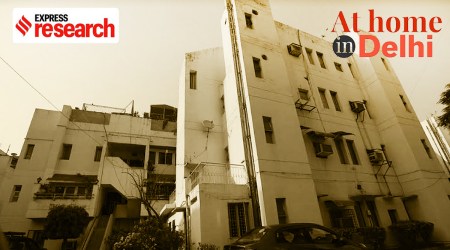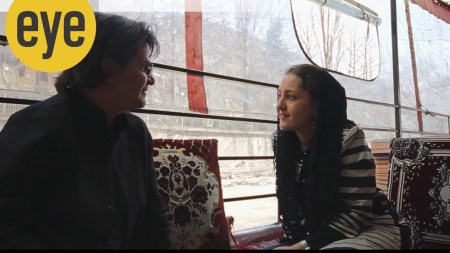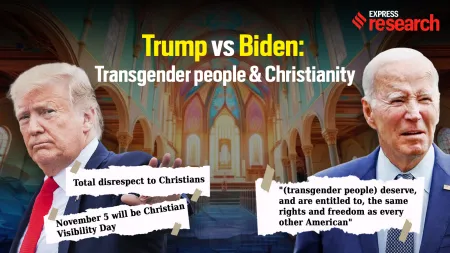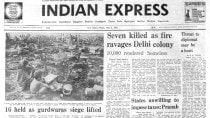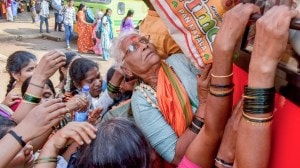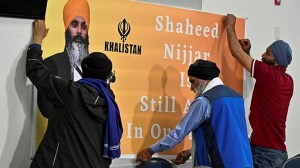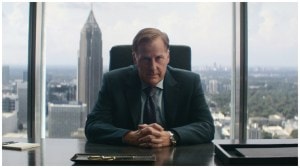- India
- International
Bhopal gas leak tragedy: Disaster in progress
Bhopal is a reminder that crime knows no borders, punishment does.
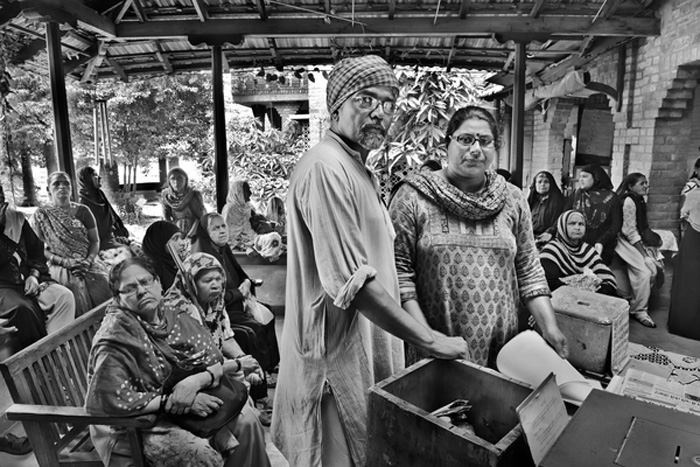 Sathyu (left) went to Bhopal as a volunteer a day after the gas leak and never left. Today, he is a founder member of the Bhopal Group for Information and Action and the Sambhavna Trust.(Source: Amnesty International © Raghu Rai / Magnum Photos)
Sathyu (left) went to Bhopal as a volunteer a day after the gas leak and never left. Today, he is a founder member of the Bhopal Group for Information and Action and the Sambhavna Trust.(Source: Amnesty International © Raghu Rai / Magnum Photos)
On the 30th anniversary of the Bhopal disaster, memories of the victims’ suffering surface once again. One is at a loss for words to describe what happened on the intervening night of December 2-3, 1984. Was it an accident? Or was it industrial genocide? We will never know what it was, since no investigation was conducted on what caused water to leak into 41 tonnes of higly toxic methyl isocyanate (MIC), stored in the Indian factory of Union Carbide Corporation (UCC). Around the factory, there lived thousands of people in settlements that they had made their homes. They had lived and worked there for several decades.
The Indian factory of UCC in Bhopal was semi-abandoned, having become unproductive and unprofitable, and hence considered unworthy of repairs or maintenance. For the residents, it was just another piece of ugly twisted steel and metal to be ignored. They did not know that they were living on a toxic dump that would one day consume them.
That night, a black cloud emanating from the factory swept over their homes, killing 2,000 instantly and leaving thousands critically injured. Nobody had a clue what the killer substance was. Some chose to run against the direction of the wind and fell in even larger numbers, others were dead before they could open their eyes. Death was
At a time like that, UCC was expected to stand by the victims and, at the very least, provide the information required to treat those who had survived. Instead, it chose to cover up the poisonous nature of the gas, saying, “It is nothing, just like tear gas”. Repeated efforts to get it to name an antidote to the poison fell on deaf ears. No advisory was issued, guiding people on what they could do to minimise the effects of exposure to the poison. No line of treatment was suggested for the innumerable dying people taken to the local hospitals. Local doctors did their best but, not knowing what the substance was, ended up doing post mortems rather than providing therapeutic care.
To this day, UCC has not revealed the chemical composition of the substance that escaped. Before a commission of inquiry set up by the government, it refused to disclose the composition on the grounds of “trade secrecy”, claiming a patent over the substance. It also denied legal liability, saying that its Indian subsidiary alone could be held responsible for the accident and that it had no role to play in compensating the victims or ensuring their rehabilitation. In effect, the multinational holding company refused liability for its own subsidiary and left a problem of insurmountable proportions to the government of India to handle. Finally, it denied any enterprise liability, passing the blame, once again, to its Indian subsidiary.

Damage claims were filed against UCC in the US. The multinational opposed the claim and argued that courts in the US had no jurisdiction over the matter. Judge John Keenan of the New York district court declined to accept jurisdiction on the ground of forum non convenience. After that, the suit had to be filed in India. In the Indian litigation, UCC once again denied all liability for the poison gas escaping.
After prolonged denial and litigation, the Indian Supreme Court, at the invitation of UCC, agreed to “settle” all civil and criminal liability for $ 450 million, to be paid to an undisclosed number of victims. The victims were not consulted on this settlement, which was signed behind their backs. There was no determination of liability, just a gratuitous offer of settlement and an acceptance by the court. There was no fairness hearing for the victims, and to this day, the calculations on which the settlement was based remain a mystery.
Meanwhile, Warren Anderson, former chairman of the company, who faced prosecution in the country, absconded. He never returned to India to face trial and died this year in the US. The company itself has migrated to The Dow Chemical Company Limited and lost both its US and Indian identity. Dow has never faced a court of law for the sins of UCC.
The “disaster”, if it can be called that, is still unfolding. Years after the gas escaped from the facility, UCC, the Indian government, the Indian as well as US judiciary were united against the victims, protecting UCC from all forms of liability except the payment of a mere $ 450 million. This for more than 15,000 dead and over five lakh injured. Human life comes cheap in the third world, hence business as usual is possible.
While crime knows no national borders, punishment does. That is the problem. The issue of a multinational’s enterprise liability for crimes committed overseas remains unresolved. Perhaps one needs a permanent international tribunal to prosecute transnational corporate crime, so that no parent company can trade or do business in foreign countries without accepting liability for the consequences of their actions. The device of corporate personality through subsidiaries should not be allowed to cover up crime.
Thirty years later, the exposed population is still battling disease and destitution. It is now clear that the toxic gas has had teratogenic and carcinogenic effects on the population, and generations of children have been born with congenital defects. The groundwater is polluted and there has been no clean up so far. Toxic waste sits on the premises with no one to clear it.
The disaster has not left a legal legacy to be proud of. The only thing to value in all this is the fortitude and perseverance of the victims, who continue to fight for justice to this day. International law must step in and address the unresolved issues of the tragedy.
The writer is former additional solicitor general of India. She also represented the gas tragedy victims
express@expressindia.com
EXPRESS OPINION
More Explained
May 04: Latest News
- 01
- 02
- 03
- 04
- 05





